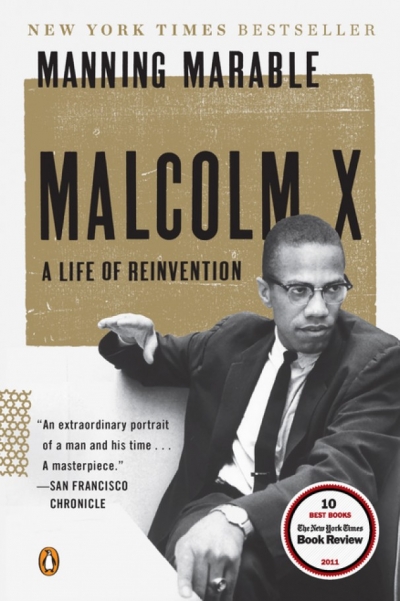



King Abdullah’s June 12 speech did not impress most Jordanians seeking serious political and social reforms in the country and curbs on the king’s vast arbitrary powers. In his first televised address since uprisings began in the Muslim East six months ago, the putative monarch, while promising electoral reforms, did not specify any date for their implementation.
Colonel Muammar Qaddafi is an easy figure to hate. Given his eccentric behaviour, he is the butt of many jokes that are easily conflated into hate against the man and his policies. Qaddafi need not be our favourite tyrant but the West’s attack on his regime as well as the country’s infrastructure is not motivated by the desire to rescue the Libyan people.
Islamic movements, intellectuals and activists long tended to have a love-hate relationship with democracy. On the one hand, democracy has been associated with the aggressive, brutal, exploitative, hegemonic policies of the post-colonial Western power.
The Islamic Arab East has fire in its belly. The popular mood is: “fa-al-yasqut al-nizam — down with the regime.” Masses of people are breaking the fear barrier and expressing their century-old, pent-up feelings. Some dictators have been toppled, others are teetering, and still others are trying to change laws and make amends before they, too, are swept away by the people’s fury.
The struggle underway to influence and control the course of events in Egypt reflects Cairo’s importance not only for the Muslim East but also global politics. The most populous country in the region, Egypt sits at the crossroads of two continents.
Peter King’s recent attempt to assert cultural legitimacy, through his June 2011 Congressional witch hunt on Islam’s presence in the prison industrial system, has unfortunately fizzled.
A full year after the mayhem that gripped Toronto during the G20 summit, Torontonians still do not have answers to many questions. Who ordered the police to go berserk arresting more than 1100 people...
The Israelis have used the partial opening of Gaza’s Rafah border crossing with Egypt as a pretext to say the Palestinians’ suffering has ended and no aid need be sent any more. This has come about as hundreds of peace activists attempt to deliver boat loads of goods to alleviate, even if partially, the suffering of the long oppressed people of Gaza.
It should be clear even to the most diehard optimists that relations between Pakistan and the United States have hit an all time low. A series of recent events has led to this development although from the very beginning the relationship was based on false premises and unrealistic expectations.
The removal — real or fake — of Osama bin Laden from the equation in the US war on terror has opened up new possibilities for what could be achieved in Afghanistan. While much attention is focussed on US moves, no doubt an important consideration, Washington is quickly losing control, thanks to its military defeat in Afghanistan.
When voting ended on the night of June 12, most people in Turkey did not have to wait for official results of the general elections. Turkish and foreign experts had already anticipated that Recep Tayyip Erdogan’s ruling Justice and Development Party (AKP) would win a third consecutive victory. A few hours later when early results came in, a landslide victory was confirmed for the AKP.
From February to June, 40-year-old married American student Tom MacMaster published his Gay Girl in Damascus blog with the ambition of “being celebrated as the unlikely voice of Syrian revolution.” Apart from a mild scolding for his duplicity, the media has dismissed the case as a species of oddity variously described as a freak of vanity to the typical fascination nursed by white heterosexual men for lesbianism.
Almost everything about Saudi Arabia is different from neighboring countries, starting with its opaque politics and secretive decision-making and the manner in which it treats people, especially women and foreigners.
Considered already by many to be a definitive work, Professor Manning Marable’s Malcolm X: A Life of Reinvention (Penguin Group (USA) Inc., New York, 2011; 594 pages; hbk. $30.00) is reviewed for CI by staff writer Zainab Cheema.
Divorce is never easy either for husband or wife. The breaking point is reached after months or years of difficult relationship. While almost out of fashion in the West, even among those who opt for marriage, a very high percentage end up in divorce.
Throughout history, Americans have targeted minorities in their midst — Native and African Americans, Chinese and Japanese, to name a few — and blamed them for all their troubles. Muslims in the US are the latest victims.

